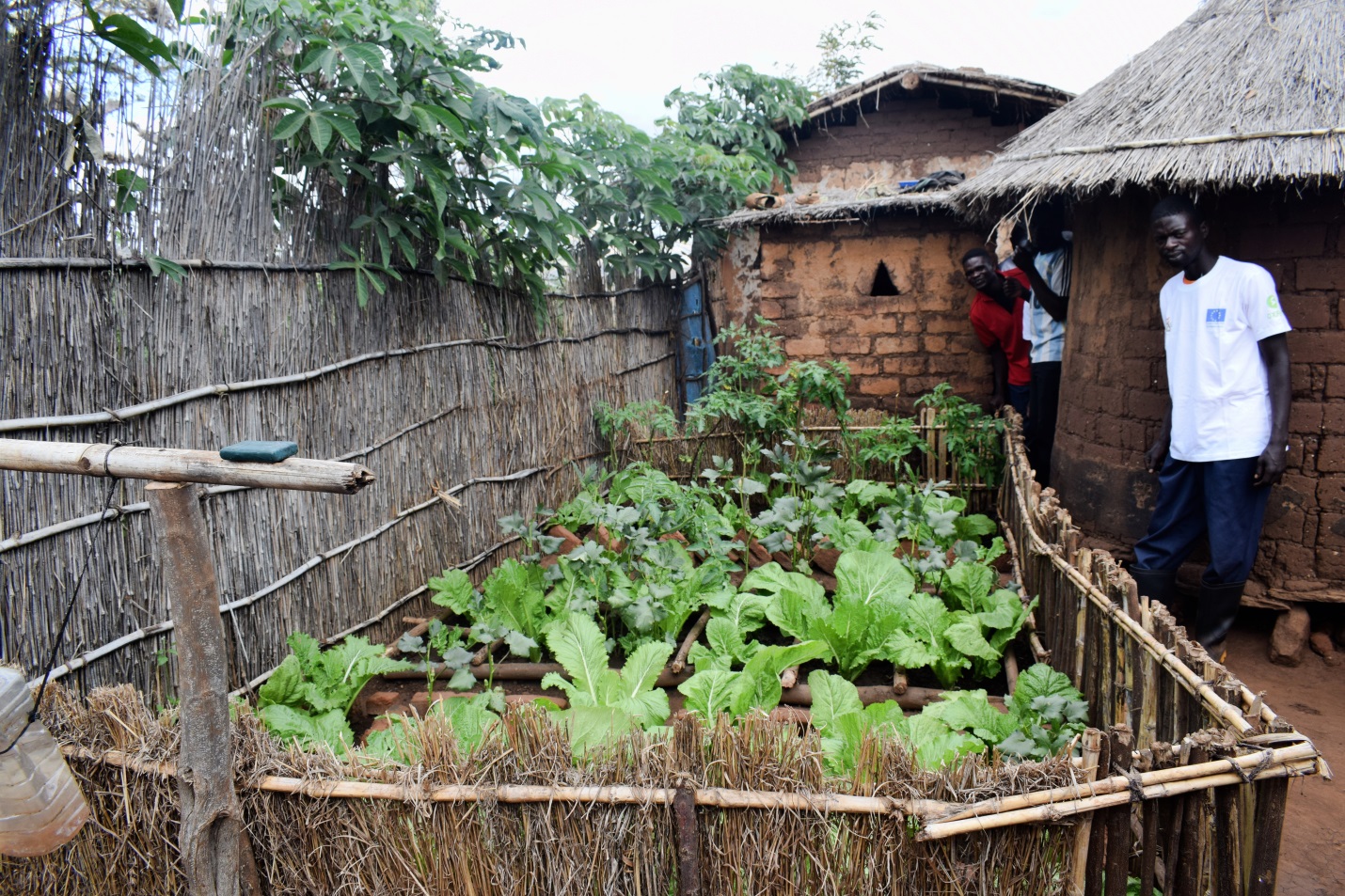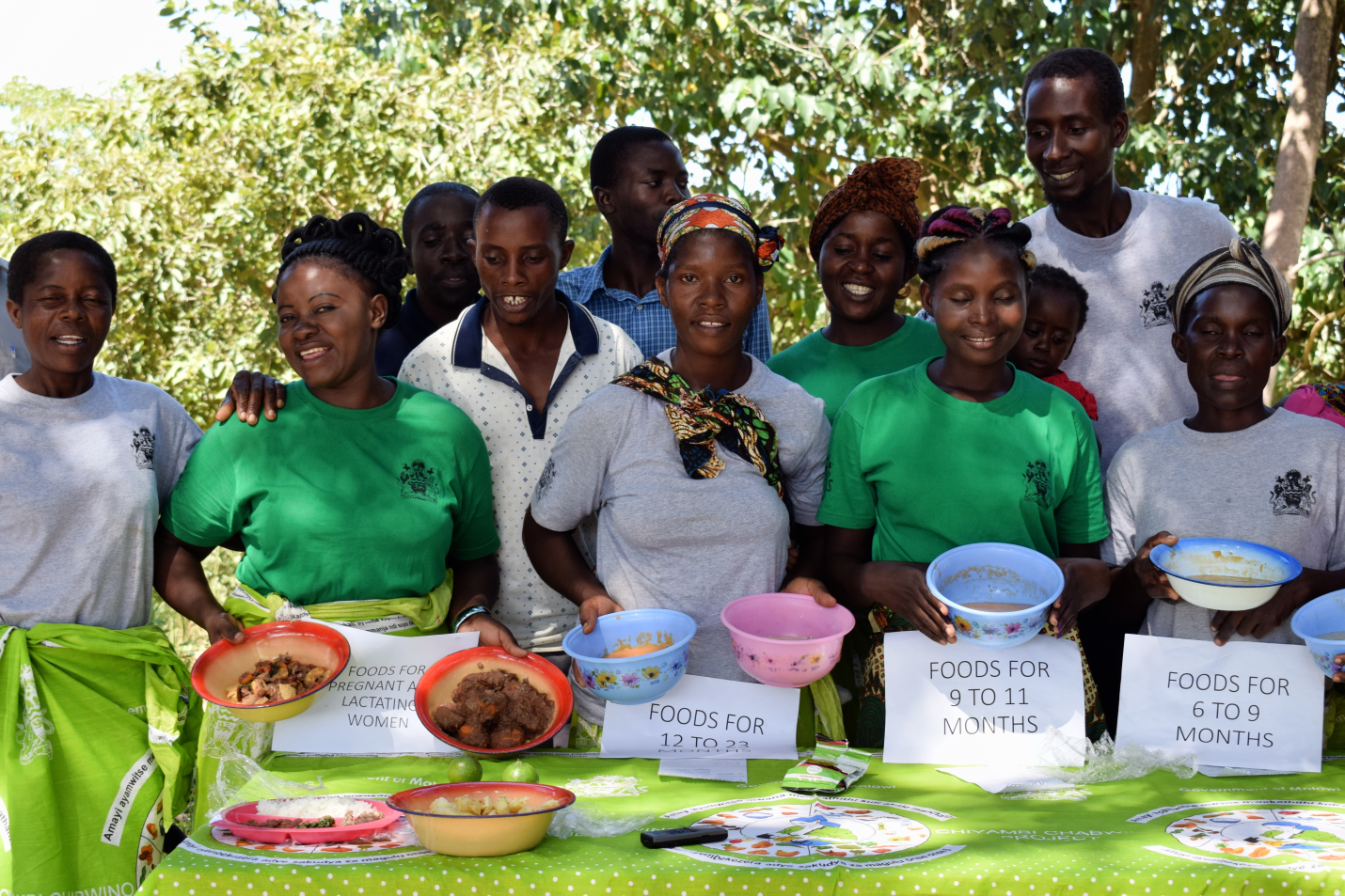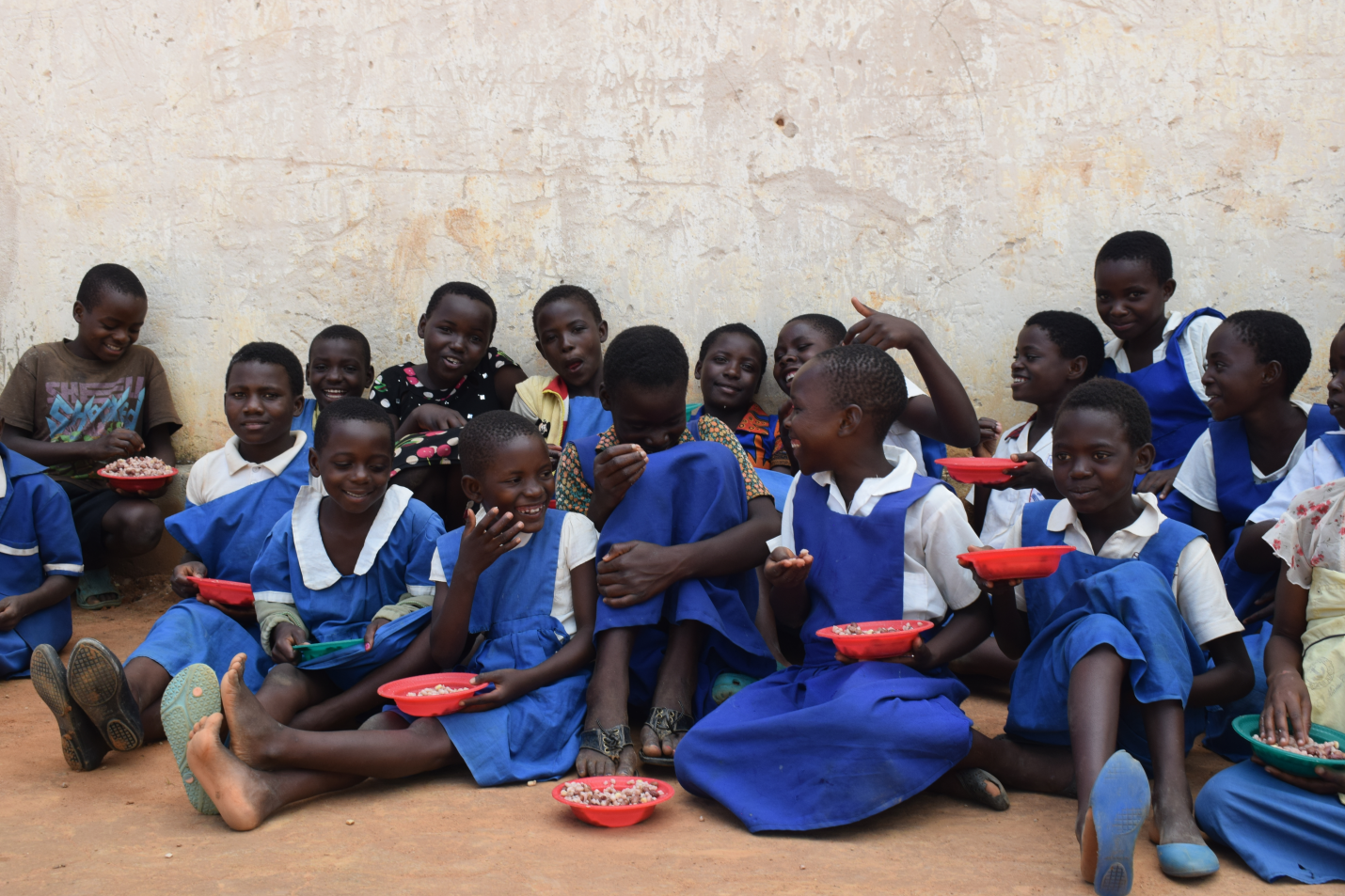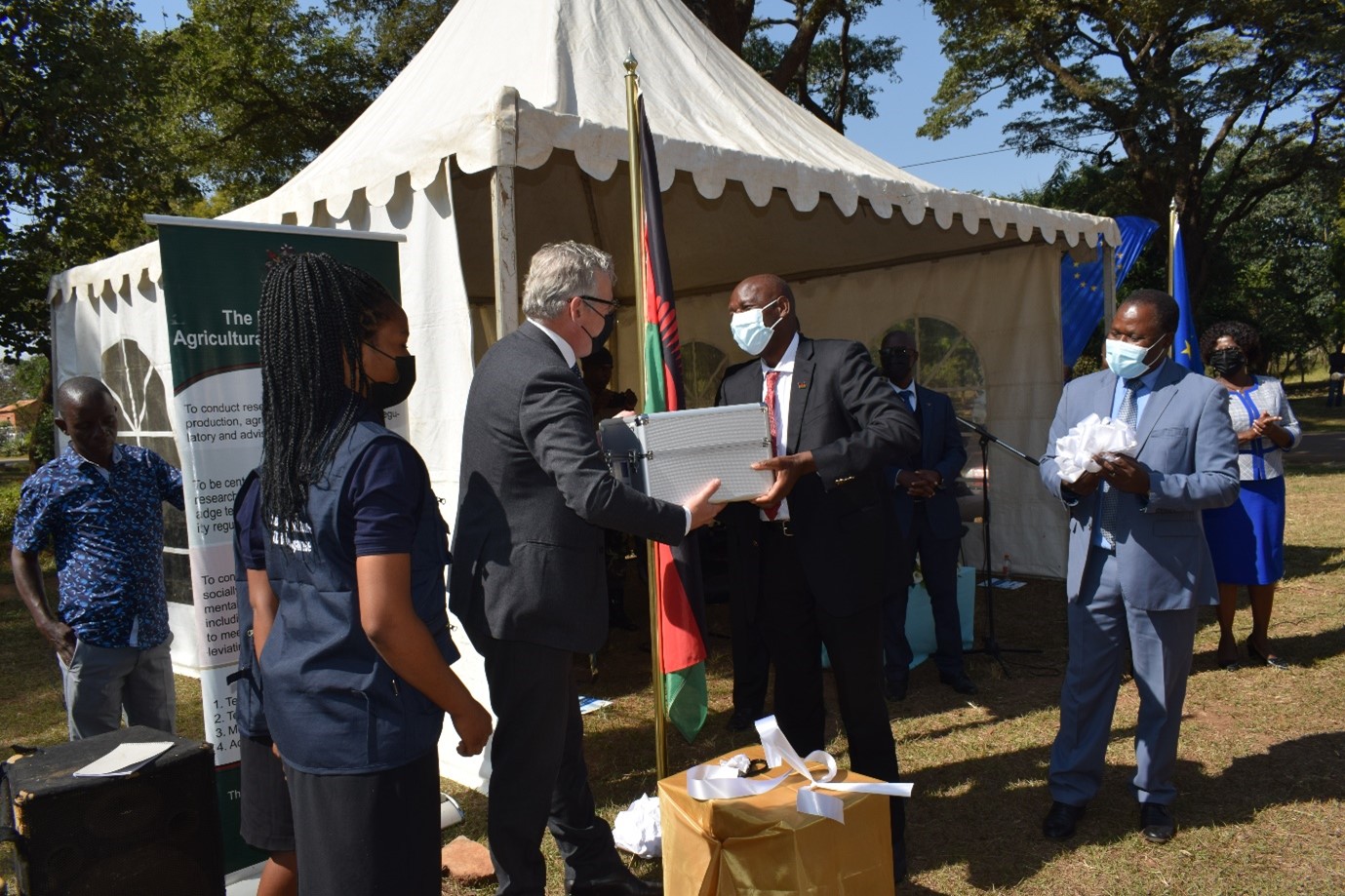News
SAGAWA VILLAGE IN LILONGWE OUTSHINES IN BACKYARD GARDENING UNDER FIDP-II – SCALING UP NUTRITION

With €1.5 million funding from the European Union (EU), Oxfam in Malawi in partnership with the Catholic Health Commission (CHC), is implementing a Scaling Up Nutrition (SUN) Project titled “Enhancing the capacity of CSOs, district level staff and communities in Scaling Up Nutrition (SUN) initiative in Malawi”. The goal of the project is to contribute towards the improved nutritional status of rural households in Malawi by strengthening the capacity of rural households and district level staff in addressing nutrition issues related to agriculture and SUN implementation.
RADIO LITSENING CLUBS – PROMOTING GOOD NUTRITION IN NKHATABAY DISTRICT

Afikepo Programme addresses under-nutrition and their negative consequences on social and economic development in line with policy obligations of the Government of Malawi with funding from the European Union. The programme is enhancing nutrition and food security in the targeted rural communities through increased and diversified dietary intake of safe and nutritious foods; increased use of enhanced knowledge and awareness and hygiene practices by the target communities and establishment of an effective food and nutrition information system at district level. It is employing multi-sectoral and integrated approaches with the aim of registering much impact on reducing stunting levels.
The use of the radio has been identified as one of the best and reliable media for disseminating various messages including nutrition in Nkhata Bay district. Through this platform, thousands of households are being reached as far as cubing malnutrition cases is concerned. The district has Community Radio Stations like Usisya and Chilundu among others which are playing a great role in community development aspects.
People are being mobilised into clusters which eventually form the Radio Listening Clubs (RLCs) of 10 to 15 members from different households as representatives. Each group has a Cluster Leaders who facilitates activities of his/her cluster as a RLC.A total of 17 RLC have been established in the Afikepo implementing communities under the Traditional Authorities (TAs) of Kabunduli, Timbiri, Zilakoma and Mkumbira in Nkhata Bay. Cluster members are always engaged in discussions concerning food and nutrition security. Messages are in turn conveyed to their respective households, and this approach is quite effective. Thus, the 17 RLC means a maximum coverage of 255 households from the targeted communities.
Mkomedzi Radio listening club in TA Mkumbira is one of the beneficiary clubs under the programme. Mr. Banda is one of the members of the group who has greatly benefitted from the RLC and he had this to say; “my home has been modernised, I have one of the smartest houses that is well known in my village because of the Mponda giya, my family eats diversified and well balanced meals every day, I have learnt this simply from the Radio listening club.”
AFIKEPO HEALTHILY IMPROVES THOUSANDS OF HOUSEHOLDS IN CHITIPA

Chitipa is the northernmost district in the Northern Region of Malawi, which covers 4,288 km.², and a population of 234,247. Afikepo Programme under Sustainable agriculture is being implemented with financial support from the European Union with the total sum of EUR 70, 000 000 with the aim of eradicating malnutrition in Malawi through improving; access to diversified foods in households; increasing knowledge on feeding and caring practices; social and cultural barriers that prevent uptake of good health and nutrition.
In Chitipa district Afikepo Programme is covering 5TAs and 20 primary schools thereby reaching a total number of 20,496 households. 204 care groups have been formed in the district where women of childbearing age, adolescent girls, and care givers of infant and young children are being trained to enhance their nutritional status and also that of their children and to support them in addressing their household needs.






